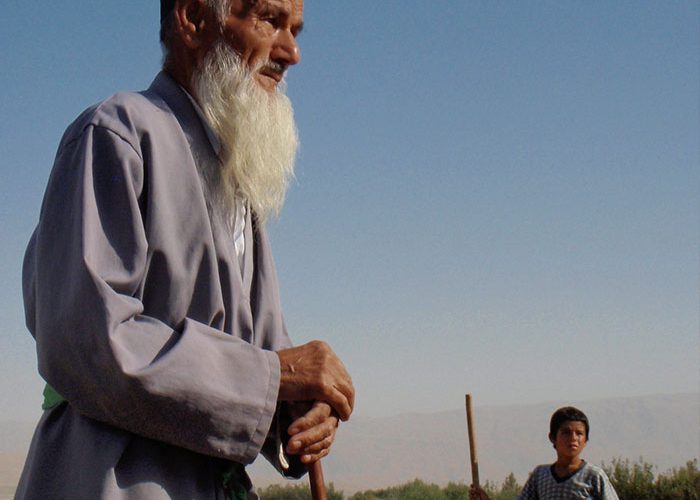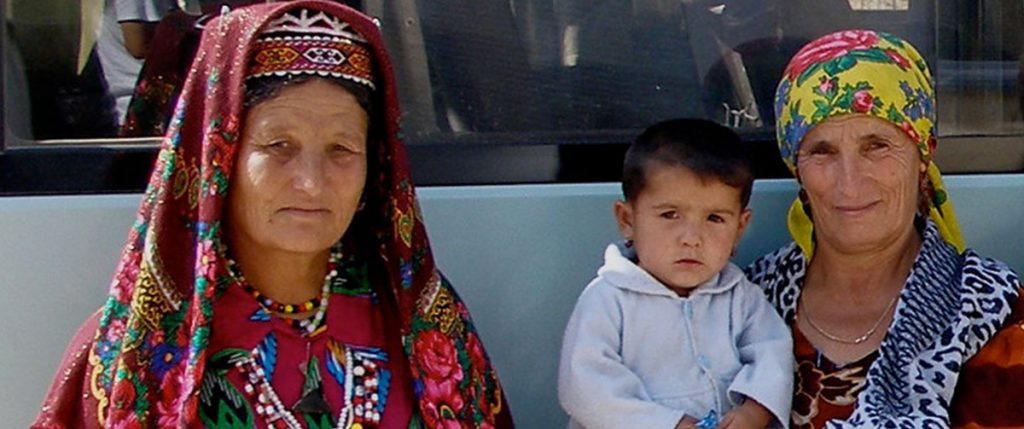GPSA projects
Improving Social Accountability in the Water Sector Through the Development of Quality Standards and Citizen Participation in Monitoring in Tajikistan
Country: Tajikistan
Sectors: Governance—Water and Sanitation
Executing Agency: Oxfam Tajikistan
Grant Amount: $850,000
Closing Date: January 2018


Frame and Challenge
Over the last decade, the Government of Tajikistan (GoT) has taken steps to improve water supply and sanitation (WSS), but problems have persisted. Access to water services covers 90% of people living in urban areas, but only 47% in rural areas. Water quality is uneven and service interruptions are frequent. Only 14% of Tajikistanis have access to centralized sanitation. Obstacles limiting access include aging infrastructure, inconsistent maintenance, and the weak capacity of providers. Amidst a decentralization program delegating WSS responsibilities to municipalities, weak participation of citizens in planning and providing input on WSS remains a challenge.
Public service providers also lack transparency and accountability, resulting in customers' distrust, low levels of satisfaction with services received, and weak willingness to pay, which translates to lower revenues needed to pay for WSS improvements. Few mechanisms are in place for citizens, especially women, to engage with providers in order to demand better services. In addition, citizens do not have adequate opportunities to provide feedback on service standards.
Solution
Oxfam Tajikistan was awarded a GPSA grant to work in eight districts and the capital city of Dushanbe to strengthen the capacity of citizens and CSOs to monitor WSS services and develop appropriate service standards. Participation by women is emphasized within this process. Oxfam Tajikistan, which is partnering with the Consumer Union of Tajikistan (CU-TJK), has achieved a number of prior successes with the use of social accountability in the country. The components of this grant aimed to: 1) engage citizens, CSOs, and stakeholders to develop performance standards and indicatiors for WSS; 2) partner with the CU-TJK and others to develop and establish a mechanism for civil society to monitor WSS services at local, district, and national levels; 3) increase the awareness and capacity of consumers and providers to participate in this mechanism; 4) capture and share learning globally; and 5) support program coordination.
Outcomes
Key milestones and results of the project through 2018 include but are not limited to:
- 80% of service providers now receive direct customer feedback. Complaints are recorded and followed up by service providers promptly.
- Establishment of a referenceable, crowd-sourced standard for drinking water supply and sanitation for local water service providers and consumers.
- Community Advisory Boards (CABs) are trained to monitor services and give useful feedback to providers. Women have a voice on the majority of CABs and consumers are aware of their rights and responsibilities with respect to WSS.
- CABs across rural Tajikistan exchange knowledge about applying social accountability tools.
Lessons
Lessons learned from the Oxfam Tajikistan Project include but are not limited to:
- Oxfam Tajikistan applied its own well-tested theory of change, described as “convening and brokering”, to help build institutions and promote participatory decision-making. With support from the GPSA, Oxfam honed its brokering/convening skills to bring together government actors and civil society to work together and tackle water sector challenges.
- Oxfam Tajikistan found that engaging large-scale international and national actors, such as the government Committee on Women and Family Affairs, in dialogue surrounding water and sanitation issues promotes Project advancement at the national, urban, and rural levels. Engagement with such players can help projects ensure allies and future project implementation and scaling.
- Forums established amidst project implementation, such as the ECA Regional Forum in Tajikistan, offer aptly timed opportunities for networking and peer exchanges from people of diverse backgrounds who may take interest in active project participation.
- It is vital to consider gender-sensitivity in project planning and implementation; in the case of Tajikistan for example, women were more impacted than men when water supply was inefficient due to their engagement in water-using responsibilities in the home. This issue was discussed in a GPSA BBL on ‘Gender and Social Inclusion in Strategic Social Accountability: Lessons from the Water Sector in Tajikistan’. Watch a recording here, and read a summary of the BBL here.
Expansion Project
Funding provided by the Water Partnership Program (WPP) to the GPSA will help achieve the Project objectives and will help to further expand social accountability activities implemented by the GPSA project in Tajikistan. The additional project funds (ADD DATES) allow Oxfam to leverage the relationships it has already built with national and subnational WSS government authorities in order to accelerate the adoption and institutionalization of WSS performance indicators through social accountability mechanisms in the WSS sector across the country, including rural, semi-urban and urban areas. The overall objective of this expansion effort is to support the emergence of a conducive environment for advancing the social accountability agenda in the water sector in Tajikistan and beyond, and to further strengthen specific components of the TWISA project in two selected communities of Khujand town in order to improve service delivery standards in the WSS sector in Tajikistan.
Learn more
Click on the following links to learn about the project and other GPSA work in Tajikistan:
